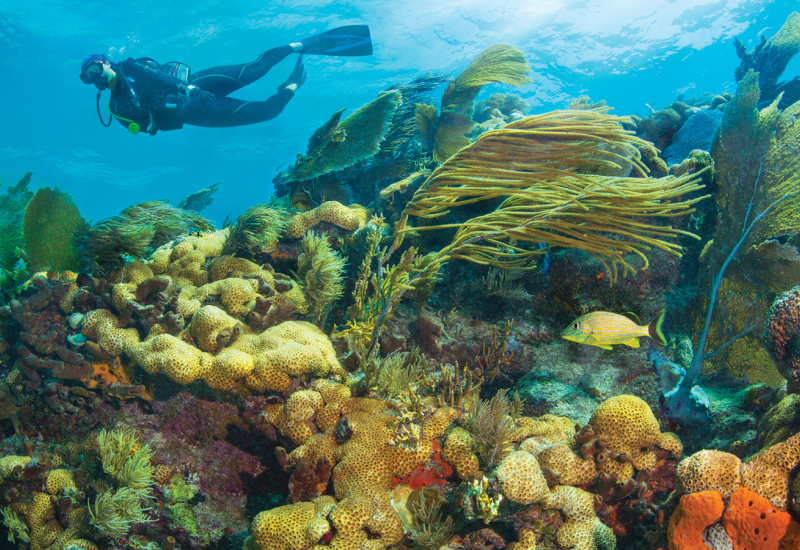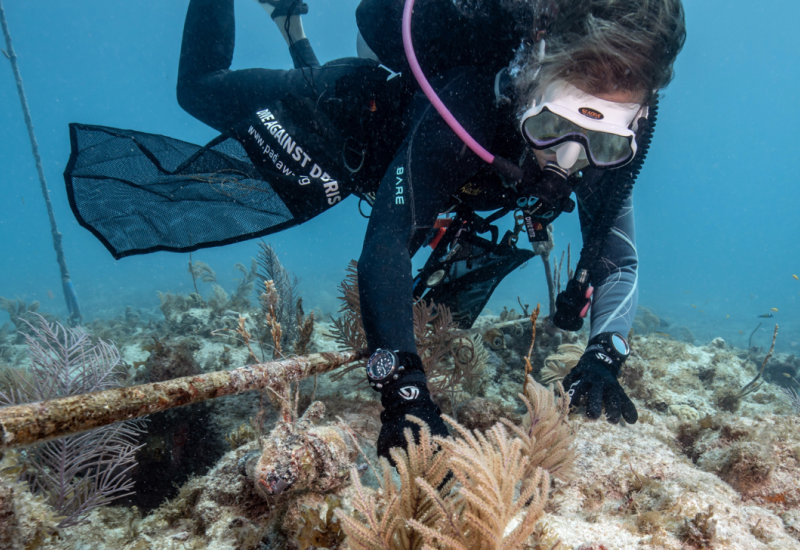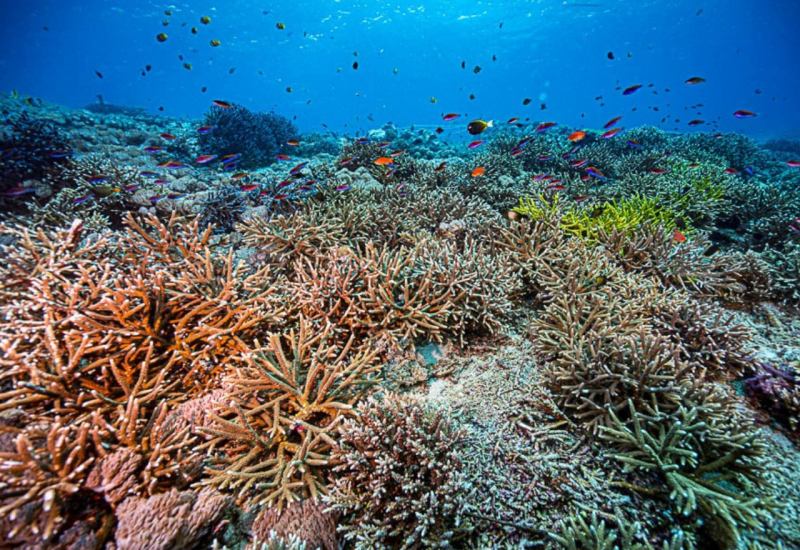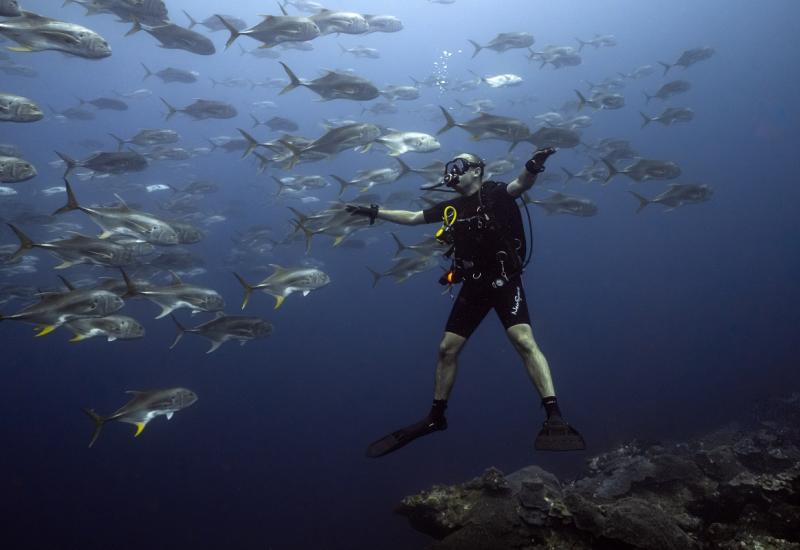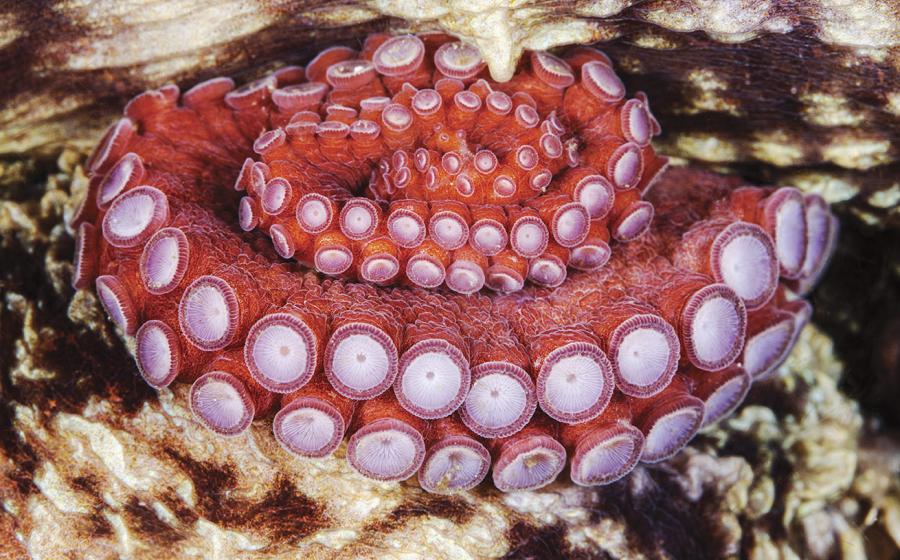Gemma Smith Earns Sea Hero Distinction for Accomplishments in Dive
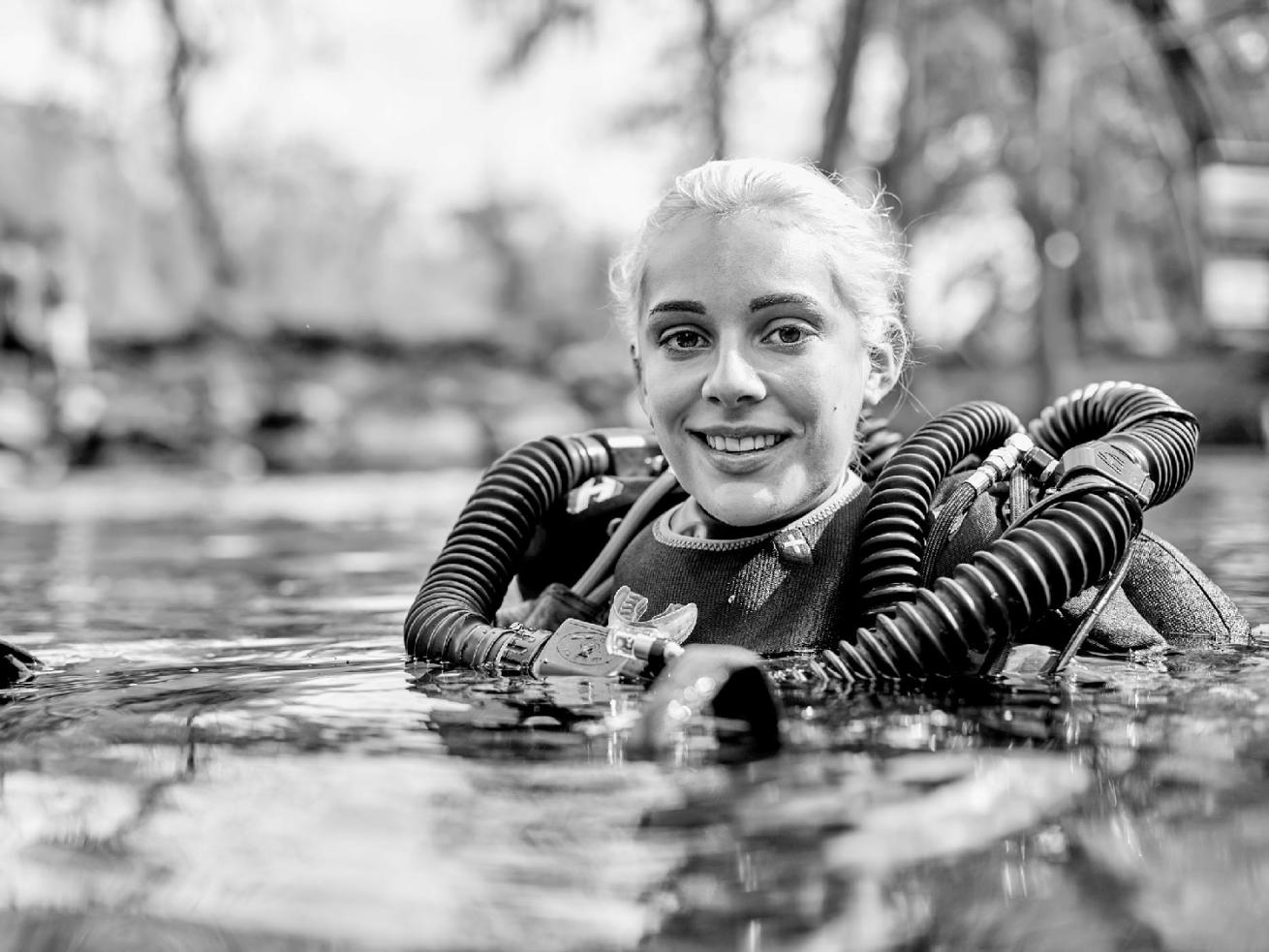
Courtesy Gemma SmithA trailblazer and living testament to the power of the human spirit.
Never afraid to push the limits, Gemma Smith has worked her way to the forefront of exploratory and technical diving in an impressively short amount of time. Smith’s commitment to teaching the next generation of tec divers, groundbreaking work in underwater archaeology and perseverance amid personal tragedy has earned her a place as our July Sea Hero.
Q: What’s special about diving, for you?
A: Diving was the first time I felt totally in the moment. Over the years, I had tried so many different adventure sports, always searching for that adrenaline rush. Diving is the total opposite. Diving means you are cool, calm and focusing on the little things. I think diving more than anything else has given me a direction and a passion. It’s part of me now, and I can’t imagine a time in my life where I won’t be connected somehow to the water. When I’m a little old lady, I might not be doing 150-meter rebreather dives anymore, but I know I’ll still be diving in some form or another. Diving hasn’t just transformed my life—it is my life.
Q: You were involved in the Antikythera shipwreck project, and the first woman to dive the wreck. What was that like?
A: Both my parents were land archaeologists, and to end up through my passion for diving being involved with underwater archaeology has a satisfying feeling of completing a circle, one that began when I was just a child and my mum would take me along to play in the dirt with a trowel while she worked on her land excavations. This wreck lies off the tiny Greek island of Antikythera. Discovered by sponge divers in the 1900s, and then worked on by Jacques Cousteau in the ’50s and ’70s, there is so much incredible history here. And it is here that the so-called Antikythera mechanism was found. This intricate machine is currently believed by experts to be capable of displaying dates, and predicting the movement of the heavens. Many people know it as the world’s oldest analog computer.
Q: Another special project you’ve been involved in is your work with the Defense Prisoner of War/Missing in Action Accounting Agency. What was that experience like?
A: The DPAA’s sole mission is to recover military personnel who are listed as missing, from all past wars and conflicts all over the world. The particular site we were working on was off Split, Croatia. A B-24 bomber called the Tulsamerican had crashed into the water, and tragically three of the men remain unaccounted for. Our team’s aim was to change that, and bring some closure to the families. When we found what we believed to be osseous remains on the wreck, all samples were sent back to the States for DNA testing and analysis. Waiting for confirmation
was incredibly tough. Although the results sometimes take weeks, months and occasionally even years, when the DPAA shortly announced that the remains found were indeed human—those of First Lieutenant Eugene P. Ford, pilot of the B-24 Tulsamerican—I felt for the first time in my life I had truly achieved something worthwhile. People ask, “Why put so much effort into searching for these long-gone men?” The answer is simple: Leave no soldier behind. Eugene is back home with his family and with the memorial he deserves. The DPAA’s motto of “You are not forgotten” still holds true. If I never do anything else in my life, I know I have done something worthwhile.
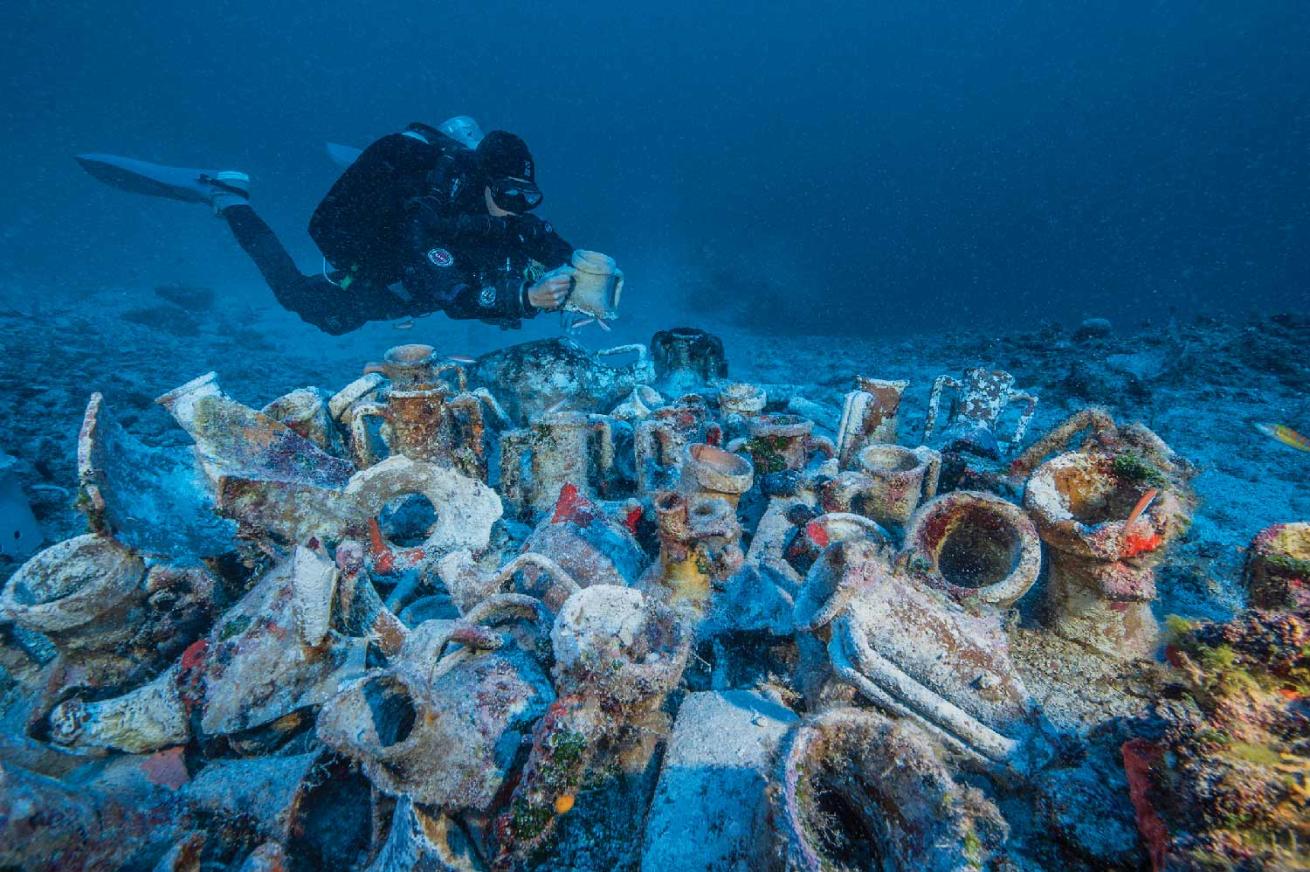
Courtesy Gemma SmithGemma Smith served as a diver on the team that excavated important historical artifacts from the Antikythera shipwreck in Greece.
Q: Why is teaching important to you?
A: I remember back to when I started diving, and technical diving in particular. I had so many people I looked up to, who inspired me, and pushed me to better myself as a diver and a person. My dream was always to be that inspiration to someone else—teaching and connecting with people is the best way to do that.
Read More: Scuba Diving's Sea Heroes
Q: Your world was dramatically altered when you were struck by a car and severely injured. How has that experience changed you?
A: On March 14, 2018, I was walking along the pavement when my life got turned totally upside down. An elderly man had an aneurysm at the wheel of the car. His foot slipped onto the accelerator and, sadly, careened straight off the road into me. I ended up breaking my neck, coccyx and both my legs. Due to complications from infections, I spent almost two months in a hospital and almost lost my leg. And yet I am still here, and still diving! It’s definitely changed me as a person. It’s shown me what truly matters, and what doesn’t. Even more than that, it has shown me how healing diving can be, both mentally and physically.
Q: What advice would you give adventurous young female divers?
A: Be fearless. There will be bad times and good times, but never give up. And never be scared to ask for help. I am where I am today because of my mentors.
Each Sea Hero featured in Scuba Diving receives a Seiko Prospex SRPA21 watch valued at $550. For our December issue, judges select a Sea Hero of the Year, who receives a $5,000 cash award from Seiko to further his or her work. Nominate a sea hero at /seaheroes.

